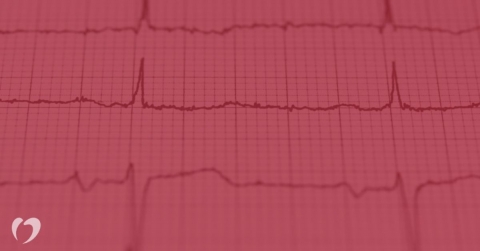Understanding Implantable Loop Recorders

If you’ve been dealing with fainting spells, dizziness, or other symptoms that may come from a heart arrhythmia, you might need an implantable loop recorder. If other tests like an in-office ECG and a Holter monitor haven’t identified a cause for your heart rhythm issues and your symptoms persist, a loop recorder may be the next step.
What is an implantable loop recorder?
An implantable loop recorder, like a Holter monitor, is a device that records information about heart rhythms. Unlike a Holter monitor, though, it’s not designed to just work for a few days—it is implanted under your skin and can work for years. It has a solid state memory and a 15- to 18-month battery life.
The procedure to implant a loop recorder involves a local anesthetic and a small incision to place the device just under the skin of the chest. It’s smaller than a key or a thumb drive, and it shouldn’t impede movement or daily life in any way once the incision heals.
Unlike a Holter monitor or other monitoring devices, there are no wires or other external accessories, so you don’t have to worry about getting wet or not being able to keep up regular activity levels. An ILR can start recording your heart rhythm automatically based on certain parameters, but a user can also trigger it manually if they feel symptoms.
Who needs an implantable loop recorder?
ILRs are often used to get more conclusive results when other forms of testing fail. For patients with intermittent fainting episodes, there could be many different causes that are difficult to identify.
The basic tests like ECG, tilt-table, or a Holter monitor may not show anything conclusive. In those cases, a doctor may recommend the implantation of an ILR. With their longer-term recording ability, ILRs allow for more intermittent problems to be diagnosed effectively.
What happens after a loop recorder is implanted?
If your ILR captures an arrhythmia, there are a variety of treatment options that may be available. Your doctor may suggest implanting a pacemaker or other device, or there may be medications you can take to control the arrhythmia.
If you’ve been having trouble with fainting, dizziness, or other symptoms that may indicate arrhythmia, call Oklahoma Heart Hospital and set up an appointment. We’ll help you get to the bottom of your heart issues and live a happier, healthier life.




